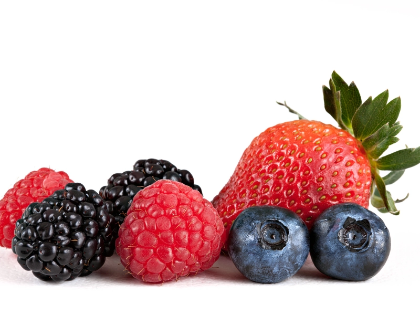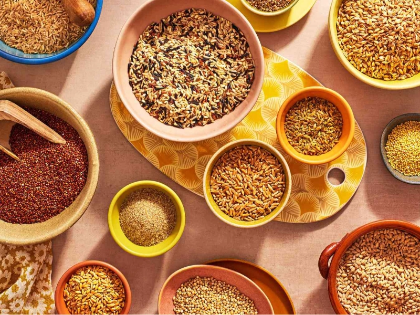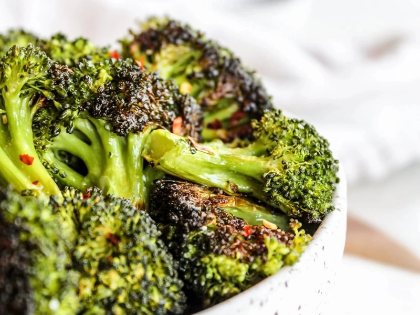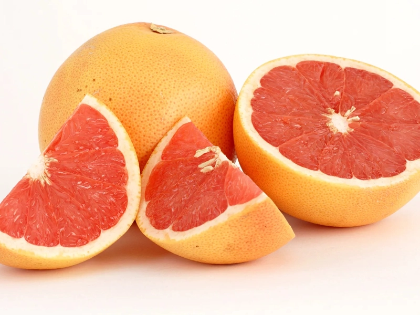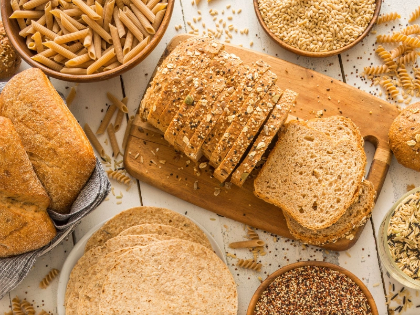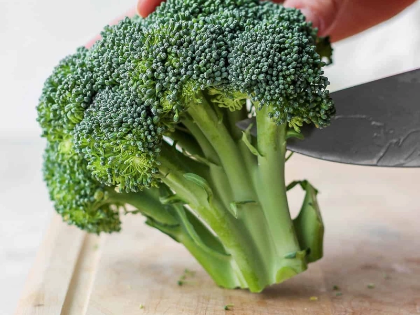The Berry Best Ways to Lower Cholesterol Naturally
Many people who want to better their cardiac condition naturally aim for a lower cholesterol. Berries are quite important in this effort since of their high nutritious value and antioxidant qualities. These colourful fruits taste fantastic and also contain important chemicals that might lower cholesterol. This page looks at several berry kinds and how best to organically include them into your diet to support heart health and lower cholesterol.
Berries' Dietary Value

A powerhouse of nutrients, berries abound in vital vitamins, minerals, and antioxidants. Their health advantages come from their exceptionally high levels of vitamin C, fibre, and other phytonutrients as well as from their By adhering to bile acids in the digestive tract, the fibre in berries helps greatly reduce cholesterol. This procedure aids in the reduction of cholesterol absorption into the bloodstream, therefore lowering general cholesterol levels. Furthermore proved to enhance heart health by lowering inflammation and oxidative stress are the antioxidants in berries, including anthocyanins. Many cardiovascular disorders are associated with chronic inflammation, thus regular consumption of berries can assist to fight these problems. Including a range of berries in your diet can be a great approach to improve your nutritional consumption and support heart health.
Blueberries: a Heart-Healthy Option
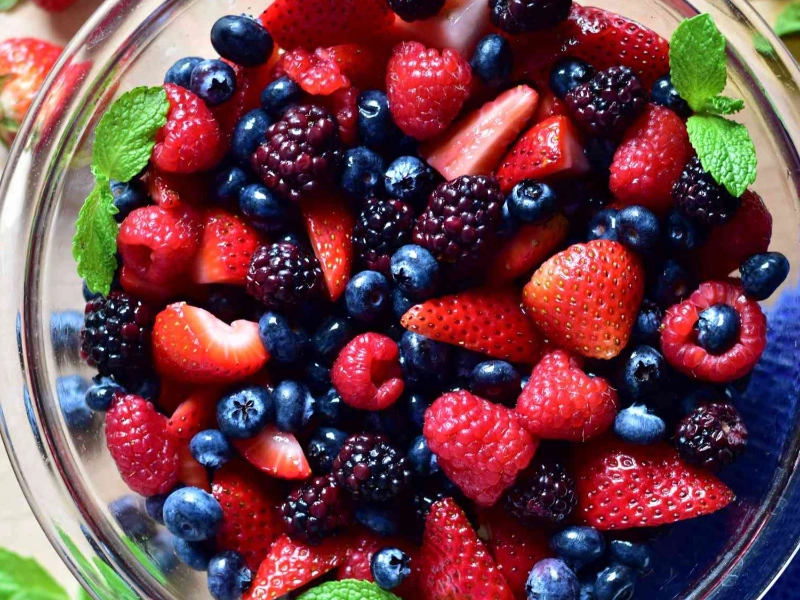
Given their remarkable health advantages, blueberries are sometimes hailed as a superfood. Studies show that whilst raising HDL (good) cholesterol, these little fruits can drastically cut LDL (bad) cholesterol levels. Maintaining a balanced cholesterol in the body depends on this double activity. Blueberries' great antioxidant content also help to explain their heart-protective properties. Regular blueberry intake has been linked in studies to enhance endothelium function, which is vital for appropriate blood flow and circulation. This development might help lower the stroke and heart disease risk. Blueberries are flexible and easy addition to your diet. Smoothies, muesli, yoghurt or eaten alone as a snack can all benefit from their addition. Including blueberries on a regular basis helps you to actively reduce your cholesterol and improve your general heart condition.
Strawberries: Sweet and useful
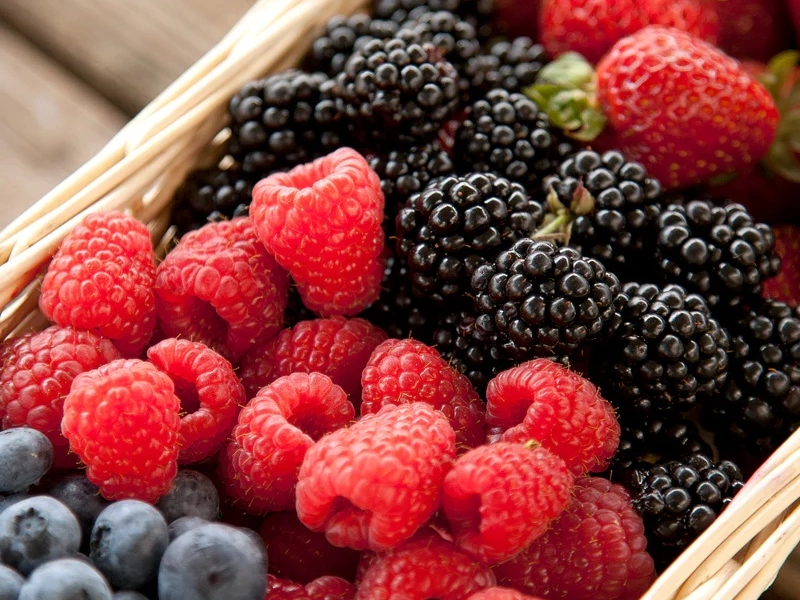
Apart from their taste, strawberries are quite good for heart condition. High in antioxidants and fibre, strawberries can efficiently assist to reduce cholesterol. Strawberries' soluble fibre hooks to cholesterol in the digestive tract, therefore stopping its absorption into the bloodstream. Furthermore included in strawberries are ellagic acid, a chemical noted for anti-inflammatory effects. This can lower the risk of heart disease among other chronic conditions. Regular strawberry consumption has been linked in studies to lower cholesterol and general cardiovascular health enhancement. There are several ways one might savour strawberries. They might be topped sweets, tossed into salads, or mixed into smoothies. Their natural sweet taste makes them a great addition to any meal so you may savour their health advantages and please your taste receptors.
Raspberries: A Powerhouse for Fibres

For individuals trying to naturally lower cholesterol, raspberries are also quite good. With one cup giving roughly 8 grammes, they are quite high in dietary fibre. Lowing cholesterol and encouraging good digestion depend on this fibre count. Raspberries' soluble fibre binds to digestive system cholesterol, therefore aiding the body to eliminate it. Furthermore high in antioxidants, raspberries boost general heart health and aid lower inflammation. Raspberries are a great friend in the battle against excessive cholesterol since they combine antioxidants with fibre. Including raspberries into your diet may be quick and fun. They are great fresh as a snack, added to smoothies, or used in baking. Their sour taste makes great accompaniment for many foods, hence they are a flexible fruit to add to your diet.
Blackberries: a highly nutritious choice
Not only are blackberries sweet, but they also abound in compounds that might help reduce cholesterol. Blackberries, like other berries, are heavy in fibre, which is absolutely essential for controlling cholesterol. Blackberries' soluble fibre helps lower bloodstream cholesterol absorption, so promoting better levels of the hormone. Blackberries also abound in vitamins A and C, as well as potassium—which is vital for preserving general heart function. Blackberries' antioxidants further enhance cardiovascular health by helping fight inflammation and oxidative stress. Blackberries are simple to enjoy; they can be eaten raw, blended into smoothies, or combined into sweets. Their distinctive taste and texture make them a great addition to a range of meals, thereby enabling you to enjoy their taste while also benefiting from their ability to decrease cholesterol.
Combining Berries for Optimal Results
Combining many kinds of berries in your diet can help you to maximise their health advantages. Every berry has different nutrients and health advantages, hence combining them will produce a potent, heart-healthy cocktail. For instance, a smoothie created with blueberries, strawberries, raspberries, and blackberries can offer a broad spectrum of antioxidants, vitamins, and fibre. Making a berry mixture might also improve the taste and enjoyment value of your meals. For a healthful boost, toss mixed berries into yoghurt, muesli or salads. By varying the combinations, you can maximise the health advantages of these fruits and find fresh favourite dishes. One great and efficient approach to naturally reduce cholesterol is including berries in your everyday diet. These fruits provide a variety of health advantages that help heart health and general well-being whether eaten alone or mixed in different foods. Including berries as a mainstay in your diet can help you to actively control your cholesterol and improve your health.

